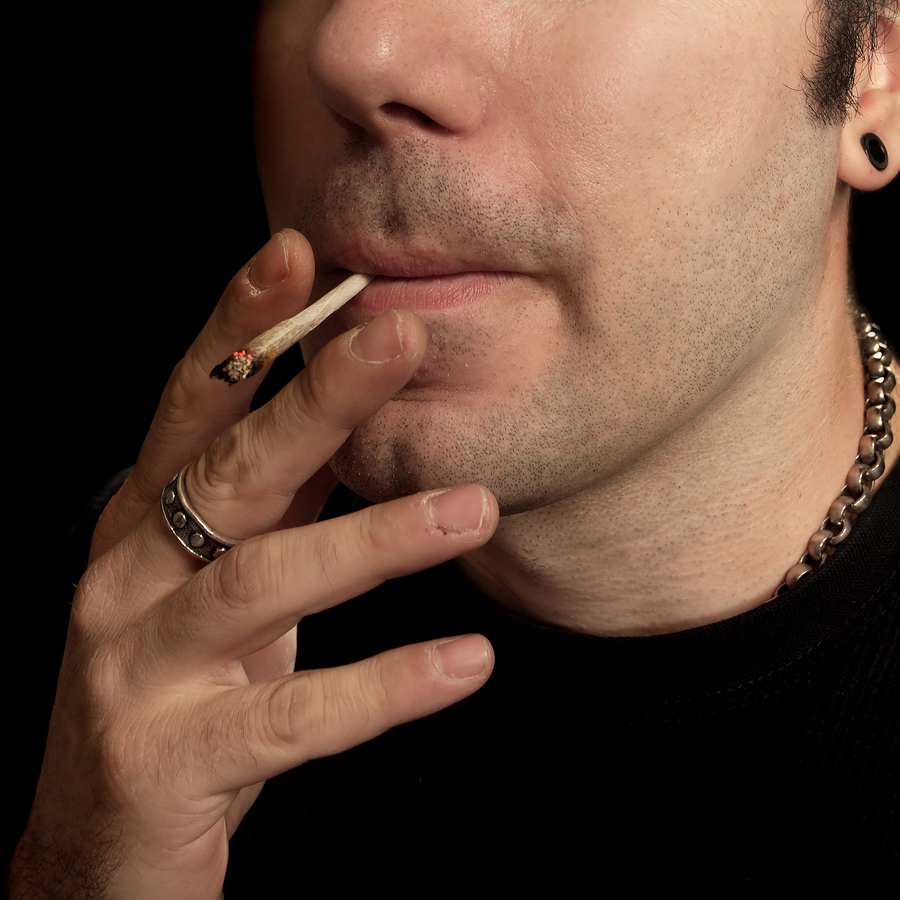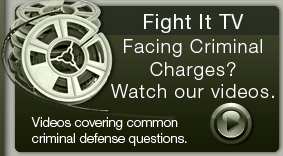
The biggest drug problem in Florida is illegal prescription drugs like Oxycodone but the biggest problem with legal drugs is a synthetic “fake” marijuana being sold in Florida stores and being used by people trying to avoid Florida probation violations among others trying to avoid positive drug tests. The St. Petersburg Times published a comprehensive look into the “legal marijuana” being sold all over the Tampa Bay area. The article found that the use of products like K2, Red Dragon and Spice are becoming more and more commonplace among teens and adults alike.
Many people have never heard of the synthetic marijuana being sold at smoke shops and gas stations, but the product, which is marketed as incense, is becoming a favorite of anyone who likes to get high but also is subject to drug tests. That population includes those in the military, people on probation and anyone with a job that requires them to be clean from drug use. The synthetic marijuana does not show up allowing users to pass drug tests while still finding a way to satisfy their need to get high.
The synthetic weed is not currently regulated at the federal level but has been banned in 13 states. While the Drug Enforcement Agency is working towards regulating the product, it is available in numerous stores and on-line. One retailer said he did an extra $200,000 in business thanks to selling the fake weed in his Florida store.
The product was developed 15 years ago in a Clemson University laboratory for research purposes and as an alternative to marijuana for cancer patients and others who use the drug to help their appetite and pain management while battling serious illnesses.
The problem is so severe among military personnel that at least nine Army commanders across the country have banned the substance from their bases and the newspaper reports that a Corps-wide crackdown is coming.
The biggest usage seems to be among teenagers though. Of the six people who have been admitted to Tampa Bay hospitals due to the synthetic marijuana, all but one was under the age of 18. Last year there were 14 calls to poison control centers all over the country attributed to the fake marijuana. That number has already surpassed 1,500 this year. Many of those calls involve teenagers.








